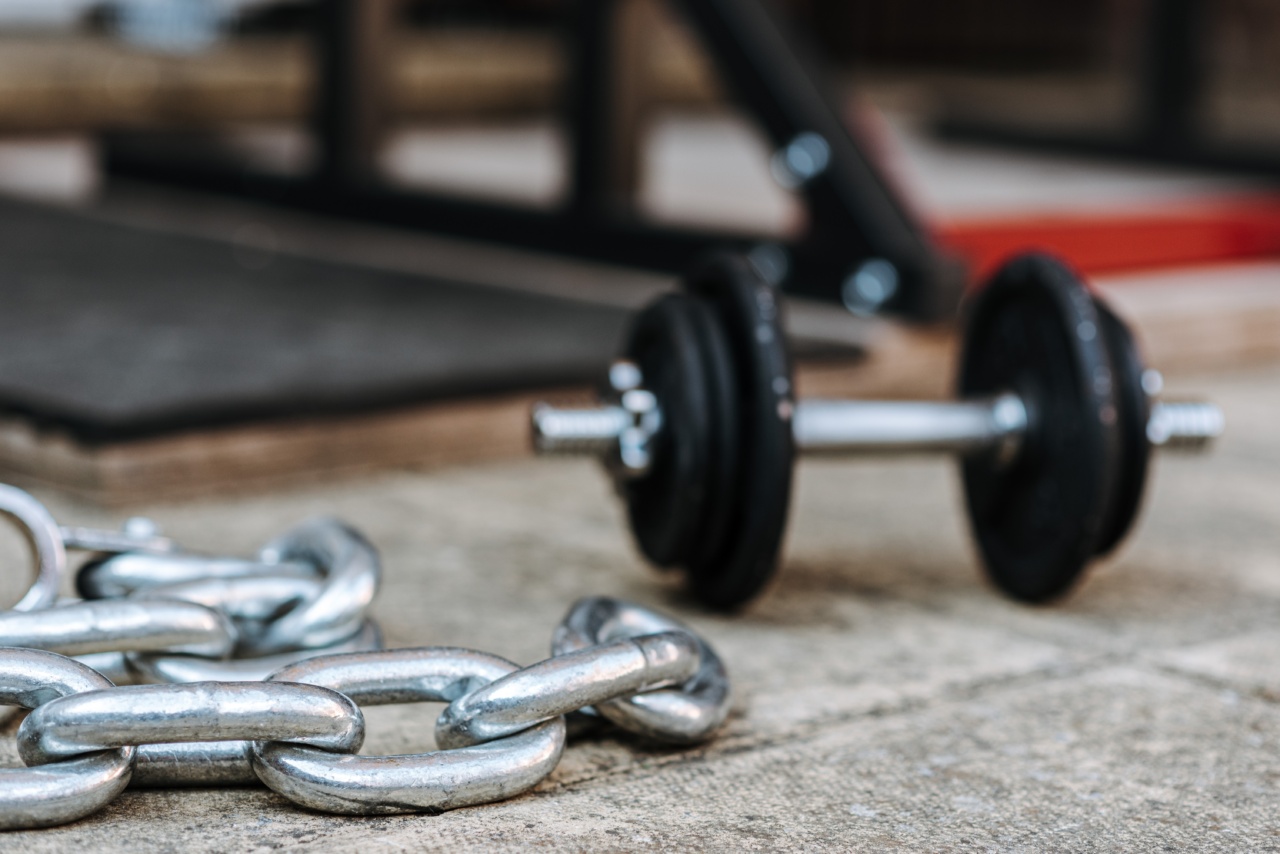Millions of people around the world struggle with the problem of obesity. While there are many reasons for this, one of the most significant is excess consumption of unhealthy foods combined with a lack of exercise.
Not only can this lead to more serious chronic health conditions such as diabetes and high blood pressure, but it can also have a negative impact on liver function. In this article, we will explore the link between unnecessary weight gain and liver function.
What is the Liver?
The liver is the largest solid organ in the body, located on the right side of the abdomen under the rib cage. The liver has many vital functions, including processing and detoxifying blood from other organs before returning it to the heart.
Our liver also breaks down and stores nutrients from food and makes important blood clotting factors, which are important for wound healing and preventing excessive bleeding. The liver also helps to regulate the body’s metabolism by converting food into energy and eliminating waste products. Furthermore, the liver is known to play an important role in regulating body weight and fat accumulation.
How Does Weight Gain Affect the Liver?
When we consume unhealthy, high-fat, and high-sugar foods and drinks and do not exercise enough to burn off the excess energy, our liver must work overtime to process the excess nutrients and store them in fat cells.
Over time, this can lead to buildup of fat in the liver, known as non-alcoholic fatty liver disease (NAFLD). NAFLD is one of the most common forms of liver disease in developed countries and is associated with obesity, insulin resistance, metabolic syndrome and type 2 diabetes, high blood pressure and other cardiovascular diseases.
In extreme cases, NAFLD can lead to liver failure, which may require a liver transplant.
What Are the Symptoms of Non-Alcoholic Fatty Liver Disease?
In the early stages of NAFLD, many people may have no symptoms at all, while others may experience fatigue or mild abdominal discomfort. As NAFLD progresses, more serious symptoms may include jaundice, abdominal swelling, and confusion.
If you are experiencing any of these symptoms or are concerned about your liver function, it is important to contact your physician.
What Can I Do to Prevent NAFLD?
The good news is that NAFLD can often be prevented or reversed through lifestyle changes. Some of the most effective steps you can take include:.
Eating Healthy
Eating a healthy diet that is low in saturated fat and sugar can prevent unnecessary weight gain, which can help to prevent NAFLD. A healthy diet can also help to ensure that your liver has the nutrients it needs to function optimally.
Fresh fruits and vegetables, lean proteins, whole grains, nuts, and legumes are all good choices.
Exercise Regularly
Exercise is one of the most effective ways to prevent or reverse NAFLD. Exercise helps to burn off excess energy and improve insulin sensitivity, which makes it easier for your body to use glucose for energy.
Even moderate exercise such as brisk walking for 30 minutes a day can make a big difference.
Avoid Drinking Alcohol
Drinking alcohol can place a great strain on the liver and can be particularly harmful for people with NAFLD. If you have been diagnosed with NAFLD, it is important to avoid all alcohol.
Even if you do not have NAFLD, the National Institutes of Health recommends that men should not drink more than two drinks a day, and women should not drink more than one drink a day.
Avoid Highly Processed Foods
Highly processed foods typically contain high levels of added sugars, unhealthy fats, and salt. These foods are often low in protein, fiber and other important nutrients. Eating these foods frequently can negatively impact your liver’s function.
Conclusion
Unnecessary weight gain and poor eating habits can lead to an array of health problems, many of which we are still learning about. One of the many side-effects of unhealthy eating is non-alcoholic fatty liver disease.
While it may not produce symptoms initially, over time, it can progress to serious conditions. A healthy diet and regular exercise are the keys to not only avoiding weight gain but also giving your liver a fighting chance to function as it should.
Consulting with a physician if you notice any symptoms can also help to prevent more serious complications.





























